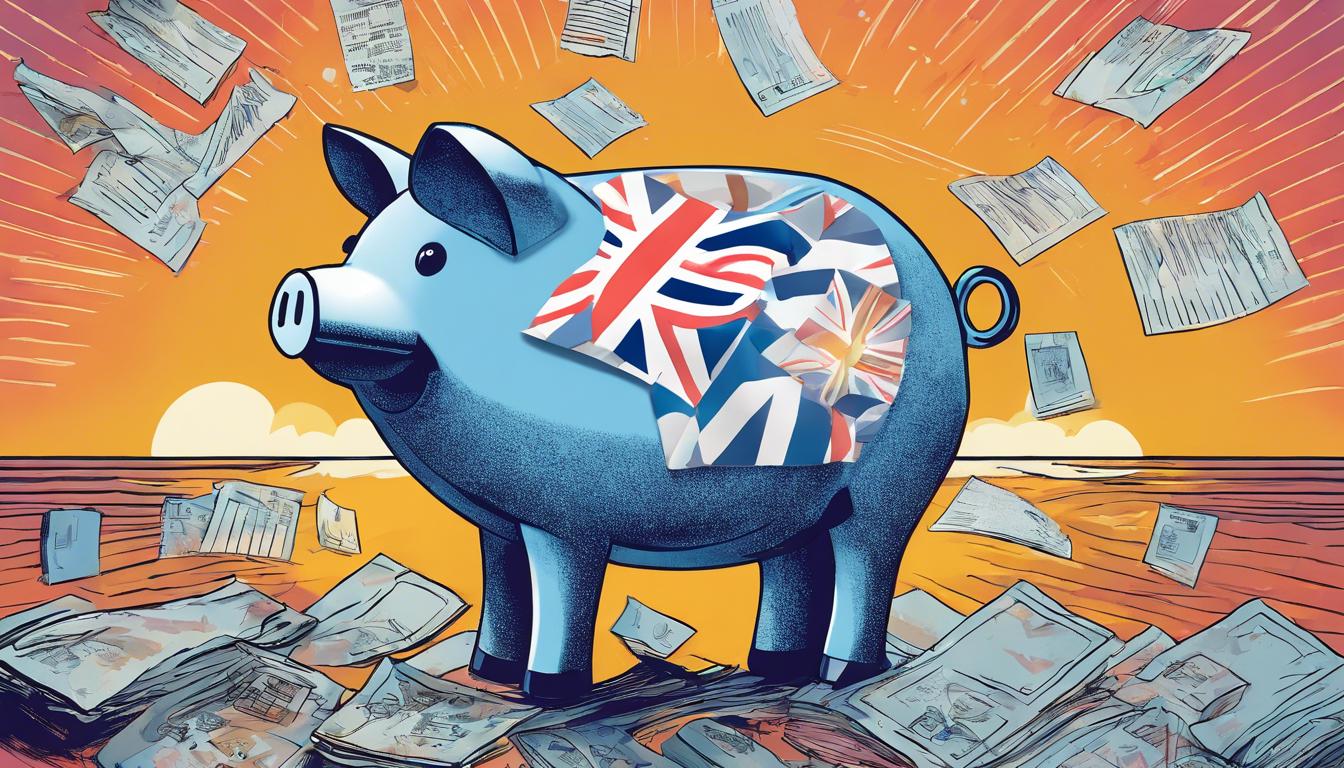In response to the cost of living crisis, the UK government has unveiled modifications to Individual Savings Accounts and a suite of economic support measures aimed at alleviating financial pressures for UK residents.
In a move poised to affect the financial landscape for savers across the United Kingdom, the government has announced a series of modifications to Individual Savings Accounts (ISAs) and broader economic support measures in response to the cost of living crisis. Facing a backdrop of financial strain for many, these initiatives are part of the larger effort to ameliorate economic pressures on UK residents.
Starting April 6, 2024, the ISA regulations will undergo significant changes aimed at enhancing the flexibility and appeal of these savings instruments. Among the key amendments is the introduction of a new ISA variant dubbed the British ISA, which will come with a separate £5,000 allocation that could potentially elevate an individual’s total yearly ISA limit to £25,000 if leveraged appropriately. The reforms will also enable the initiation of multiple subscriptions to the same ISA type within a single tax year and facilitate easier transitions for cash savers to more advantageous cash ISA offers. Moreover, the minimum age requirement for opening a Cash ISA will be adjusted from 16 to 18. These alterations are designed to expand investment options for savers, allowing for a more tailored approach to managing their funds across different ISAs and providers.
Parallel to these adjustments in the savings domain, the UK government, under Chancellor Jeremy Hunt, has outlined a series of budgetary measures duly incorporated into the 2024 spring Budget to provide relief amidst the persisting cost of living crisis. Noteworthy among these are a 2p reduction in National Insurance tax and amendments to Child Benefit, which are projected to favor higher earners predominantly. Despite these interventions, reports indicate a worrying rise in absolute poverty, with nearly a million more individuals slipping into poverty over recent years.
In an attempt to buffer households from inflationary pressures, which saw a decrease to 3.4%, albeit with continuing price hikes, the government has earmarked increases in benefits and state pensions — slated to rise by 6.7% and 8.5%, respectively, in April 2024. However, concerns linger regarding the benefits cap, which, as highlighted by the Child Poverty Action Group, might translate to real-term reductions for several beneficiaries.
To mitigate these economic hardships, various support mechanisms are being extended or introduced, including the Household Support Fund and a range of assistance from energy providers, budgeting loans, charitable grants, and council tax reductions. Additional support includes up to 30 hours of free childcare for eligible working parents of 3 to 4-year-olds, with further expansions on the horizon.
As these reforms and support measures unfold, they represent a multi-faceted approach by the UK government to provide financial relief and augment saving opportunities for its citizens against the backdrop of economic challenges.













